MEXICO CITY, June 7 (Reuters) – Fashion designer Camilo Morales has upcycled everything from plastic shopping sacks to fabric scraps, turning them into bags, clothing and accessories.
His latest raw material is the vinyl political advertisements for candidates in Mexico’s local, state and federal elections, which took place on Sunday.
Among the winners was Claudia Sheinbaum, the former Mexico City mayor who will be the nation’s first woman president.
For the last year, Morales has been pulling down the ubiquitous banners, taking scissors to them and sewing them into tote bags, which he sells for between 100 pesos ($5.44) and 600 pesos ($32.63).
“This election season was ridiculous,” Morales said. “They started (hanging up ads) so soon.”
Morales’ cheapest bags, sold under his label Rere, use the all-white background of most ads. The most expensive one is a collage of the heavily shadowed eyes of Clara Brugada, the ruling party candidate set to be the next mayor of Mexico City.
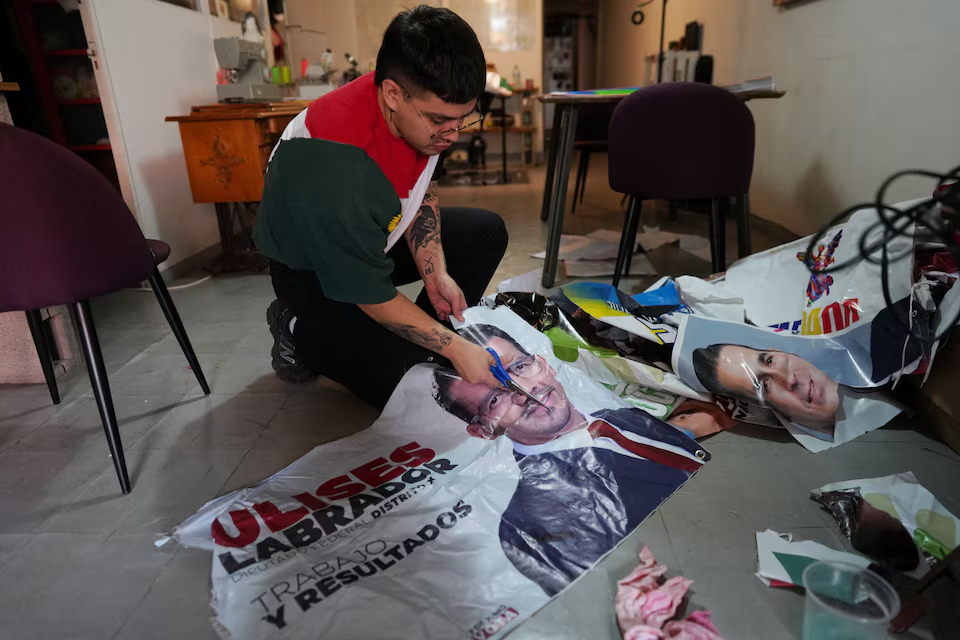
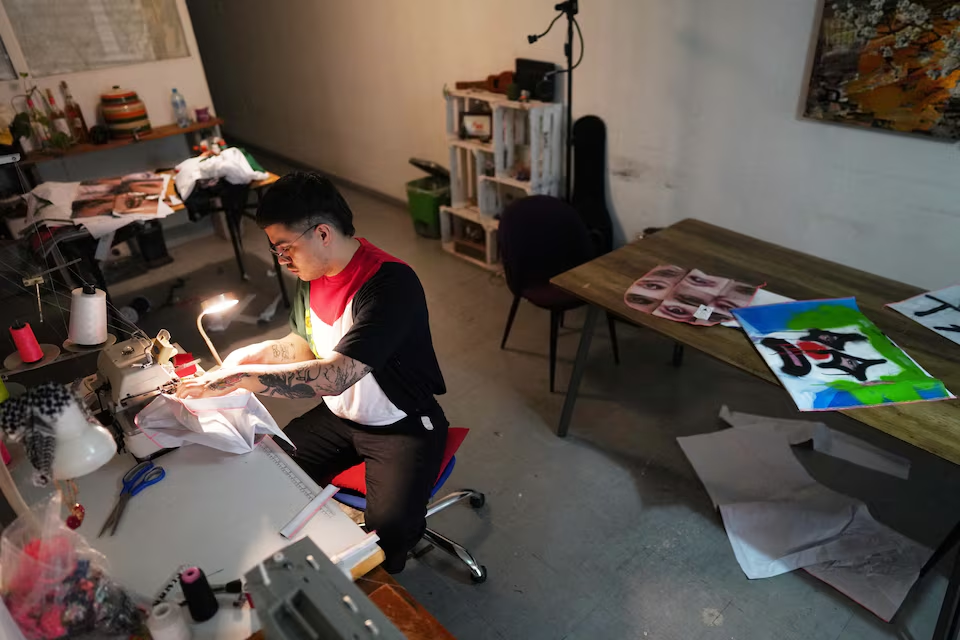
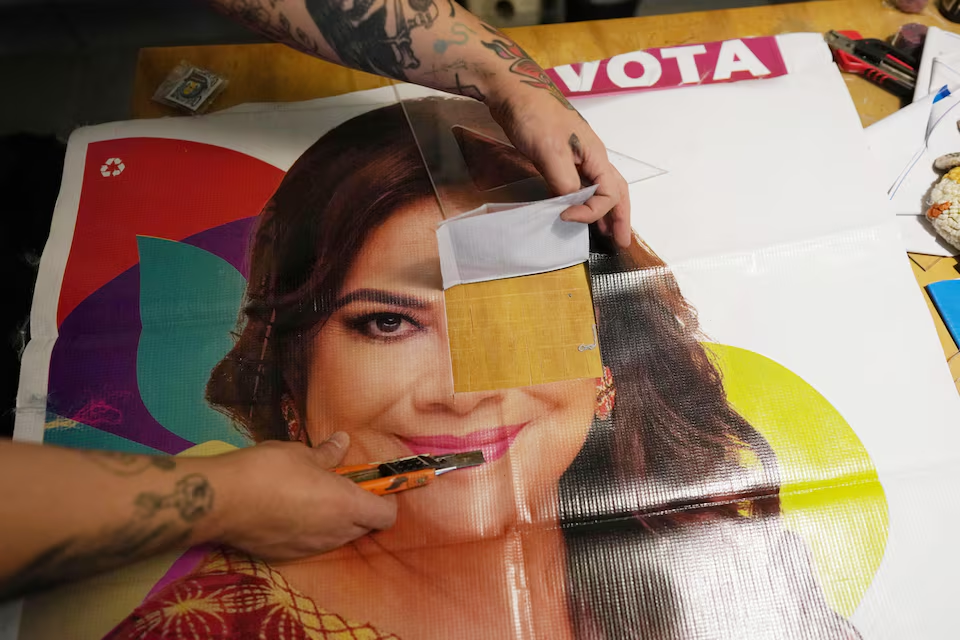
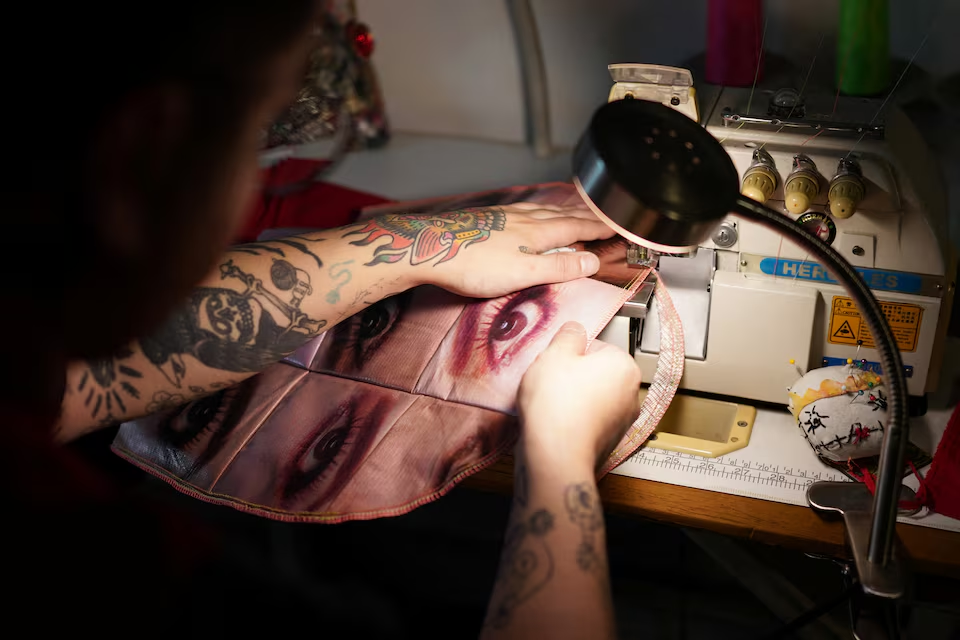
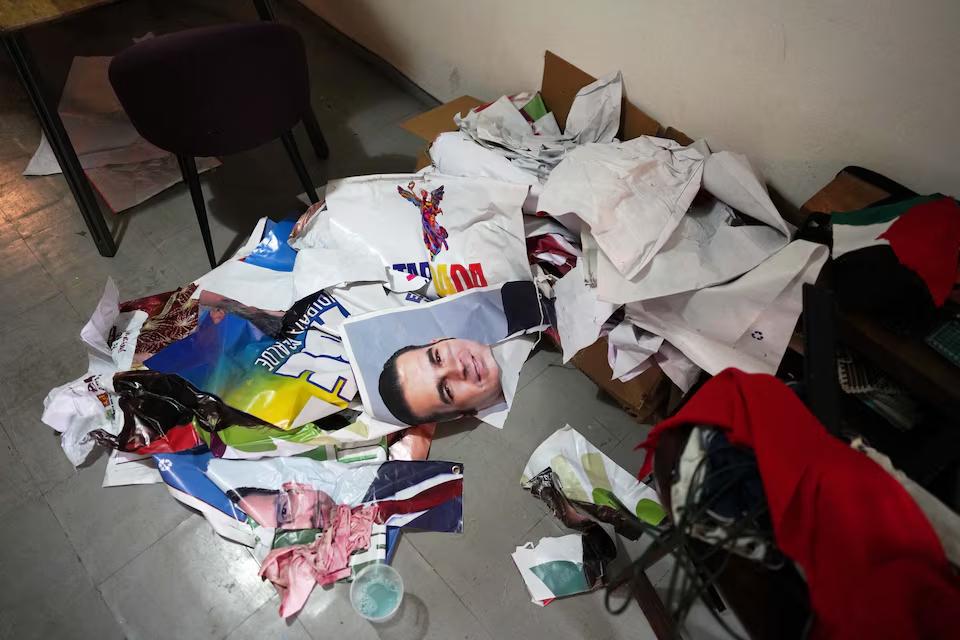
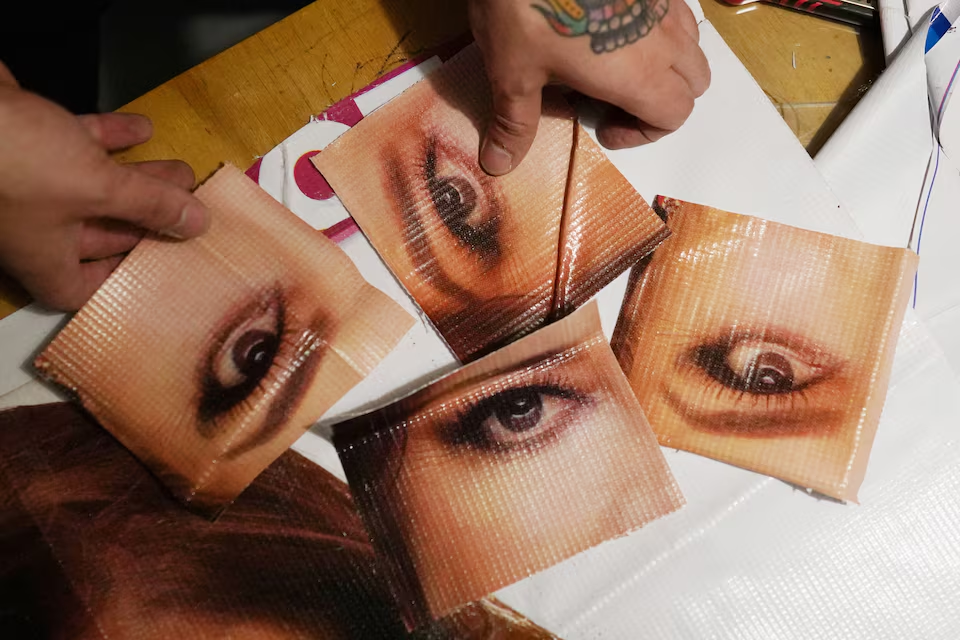
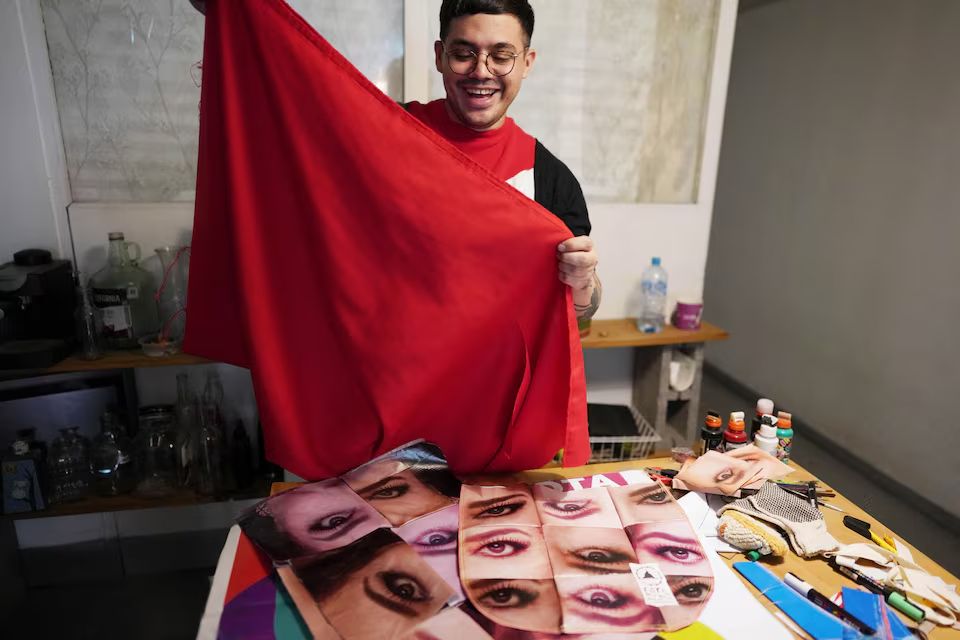
“I joked that they practically grew on trees,” Morales said. “At night I would take down one ad, and the next day another one was already there to take its place.”
Under election law, political parties have four days after elections are over to take down their ads, and workers were removing them this week.
In Mexico City alone, an estimated 10,000 tons of trash were produced by political publicity this season, according Juan Manuel Nunez, a professor at the Iberoamerican University.
The banners have logos marking them as recyclable, but it was not clear how many were actually being recycled.
“Although promoted as environmentally friendly, these banners and tarps are usually made from PVC, which can take hundreds of years to break down,” Nunez said.
Other efforts to find new uses for the ads included a TikTok user who went viral for turning them into dog beds and migrants who have made them into tents.
($1 = 18.3900 Mexican pesos)
















Add Comment